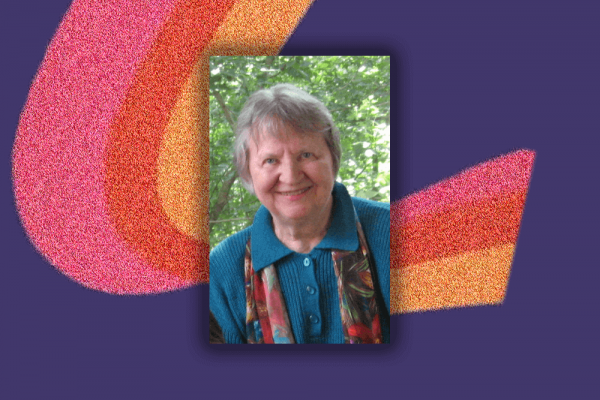Born in Pittsburg on Oct. 9, 1935, Letha was an independent scholar, writer, editor, and writing consultant who specialized in the intersections of religion and social issues. She passed away on Jan. 9, 2024, at a nursing facility in Charlotte, N.C. She was 88.
Her primary metaphor for God was that of a loving friend. She understood Jesus to be the perfect embodiment of the friendship that God offered. For her, this meant that just like a friend changes their likes, activities, and interests due to the growth of a relationship, God also changes because of God’s friendship with us. In any true and deep friendship, both of the friends, as well as the relationship itself, will necessarily shift and adapt. Nothing can stay the same because deep caring calls for responsiveness. “To think God doesn’t change,” Letha said, “doesn’t account for God to have empathy and compassion for us.” She wasn’t striving to put a particular branch of theology into practice, she just trusted her experience.
Read the Full Article

